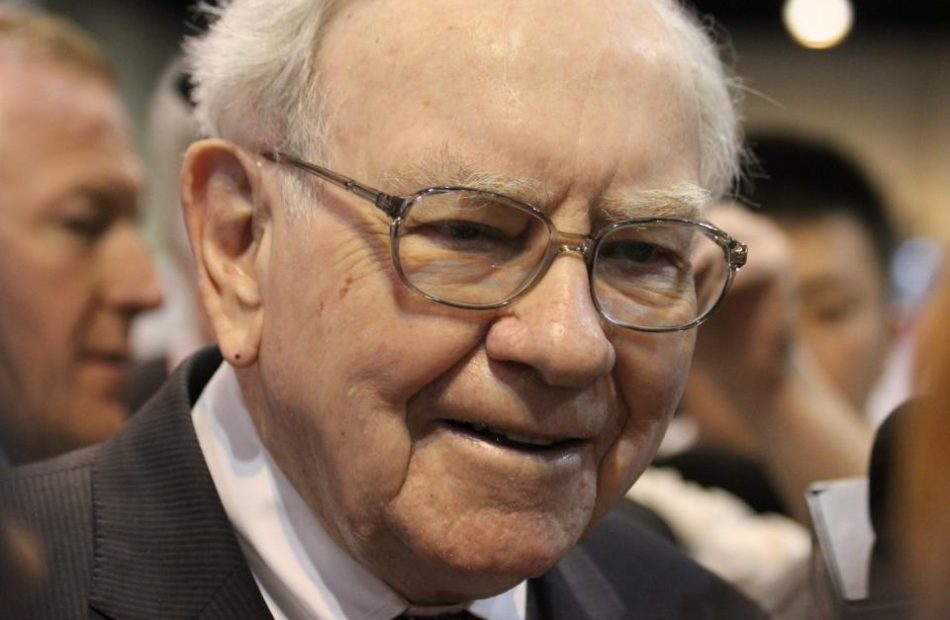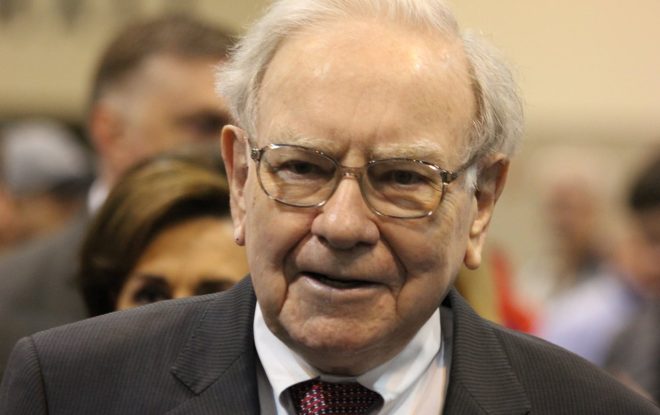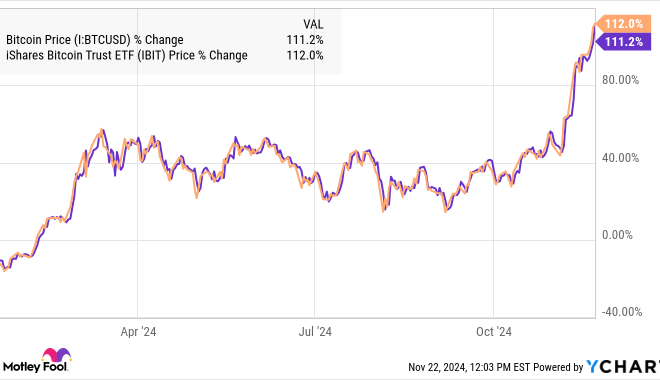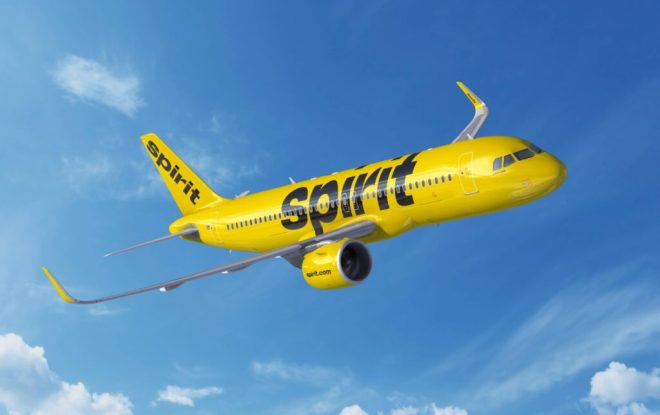Could Berkshire Hathaway Do the Unthinkable?
Berkshire Hathaway (NYSE: BRK.A) (NYSE: BRK.B) is one of the greatest investments of all time.
If you had put $1,000 into the company nearly 60 years ago when Warren Buffett took over the company and kept it there, you would have more than $44 million today. Not many stocks can beat that record.
Buffett has earned his reputation as the greatest investor of all time. Berkshire has grown to a market value of more than $1 trillion, not through any brilliant innovation or brand advantage, but through Buffett’s disciplined investing approach and market-beating strategies.
Buffett has excelled both as a stock investor, making billions from stocks like Apple, and as an acquirer of companies such as GEICO, Burlington Northern Santa Fe, and Precision Castparts.
Combining those two investment techniques, Buffett has built his conglomerate into an empire of wide-moat businesses that can survive and thrive no matter what happens in the economy.
Berkshire’s capital allocation strategy is also unique. Unlike most companies of its size, especially slow-growing ones like Berkshire, it does not pay a dividend.
Buffett’s dividend philosophy
Investors have long understood that capital allocation approach as a trade-off that’s in their best interest as it gives Buffett more capital to work with to invest in stocks or go elephant hunting, his term for making a big acquisition.
As an investor, Buffett seems to prefer dividend stocks as nearly all of his top holdings offer a payout, and he has traditionally preferred reliable value stocks over growth stocks, which are less likely to pay dividends.
Buffett later called the one time his company paid a dividend, in 1967, “a terrible mistake,” implying that that capital would have been better off being reinvested in the company.
He also has a test he likes to apply to dividends, saying, “The test about whether to pay dividends is whether you can continue to create more than $1 of value for every dollar you retain.”
Will Berkshire ever pay a dividend?
Investors are unlikely to ever demand a dividend from Buffett. They simply have too much respect for him, and his argument against paying one has clearly been borne out by his track record.
However, the argument for Berkshire to pay one seems to be getting more credible. The larger the company gets, the harder it becomes for it to make needle-moving acquisitions, something Buffett has acknowledged several times.
In his most recent shareholder letter, Buffett noted that the days of it having plenty of acquisition targets to choose from “are long behind us,” adding, “size did us in.” Buffett also said, “There remain only a handful of companies in this country capable of truly moving the needle at Berkshire.”
At the same time as Buffett seems to be bowing out of the acquisitions game, Berkshire’s cash hoard has also surged over the last year, becoming far larger than at any time in its history.
Buffett’s conglomerate now holds $277 billion in cash and Treasury bills, and that sum has soared recently.
That cash balance, which surged in part because of a large sale of Apple stock, could signal that Buffett is preparing for a big acquisition or investment, but it could also mean that he thinks the market is overvalued. In that case, he’d rather bide his time and wait for a pullback to scoop up bargains than overpay for a stock or a company.
Prediction: Berkshire will pay a dividend
At 94 now, Buffett won’t be running Berkshire forever. Its next CEO (said to be Greg Abel) will have a harder time defending the lack of a dividend, especially with nearly $300 billion in cash on the balance sheet and limited acquisition opportunities.
Even the argument that Buffett consistently crushes the market isn’t as salient as it once was. Over the past 10 years, Berkshire’s performance has essentially matched the S&P 500 on a total return basis (see chart below).
Taking that chart into account and Buffett’s own admission that his company essentially has no more needle-moving acquisitions to make, the argument for superior capital returns from Berkshire doesn’t really hold the same weight.
With his company now worth $1 trillion, Buffett has beaten the final boss of investing. There’s little more he can do at this point it seems, and holding investor cash in Treasuries seems less desirable for them than returning some of that wealth in the form of a dividend so that they can spend it or invest it as they see fit.
Berkshire could make one more big deal with Buffett at the helm, but it looks increasingly unlikely.
At one point it would’ve been unthinkable for Berkshire to pay a dividend, but times have changed. I wouldn’t expect the company to pay a dividend while Buffett is still in the CEO’s chair, but it makes sense to pay one eventually, probably within the next 10 years.
Berkshire, which has been throwing billions at share buybacks in recent years, can easily afford to pay a dividend, and doing so would be the best way to reward investors who have stuck with Buffett over the years.
Doing so isn’t undermining Buffett’s legacy. It’s honoring it. Letting investors share in Berkshire’s massive winnings without having to sell their stock is a testament to both Buffett’s long-term philosophy and shareholder-friendly approach to capital.
Should you invest $1,000 in Berkshire Hathaway right now?
Before you buy stock in Berkshire Hathaway, consider this:
The Motley Fool Stock Advisor analyst team just identified what they believe are the 10 best stocks for investors to buy now… and Berkshire Hathaway wasn’t one of them. The 10 stocks that made the cut could produce monster returns in the coming years.
Consider when Nvidia made this list on April 15, 2005… if you invested $1,000 at the time of our recommendation, you’d have $731,449!*
Stock Advisor provides investors with an easy-to-follow blueprint for success, including guidance on building a portfolio, regular updates from analysts, and two new stock picks each month. The Stock Advisor service has more than quadrupled the return of S&P 500 since 2002*.
*Stock Advisor returns as of September 3, 2024
Jeremy Bowman has no position in any of the stocks mentioned. The Motley Fool has positions in and recommends Apple and Berkshire Hathaway. The Motley Fool has a disclosure policy.
Could Berkshire Hathaway Do the Unthinkable? was originally published by The Motley Fool





Leave a Reply